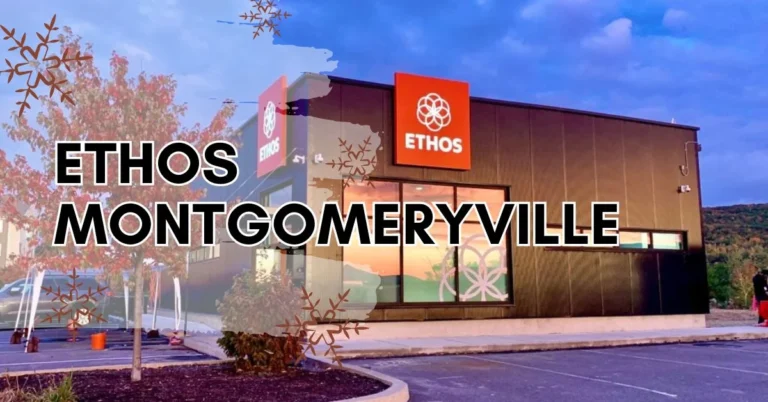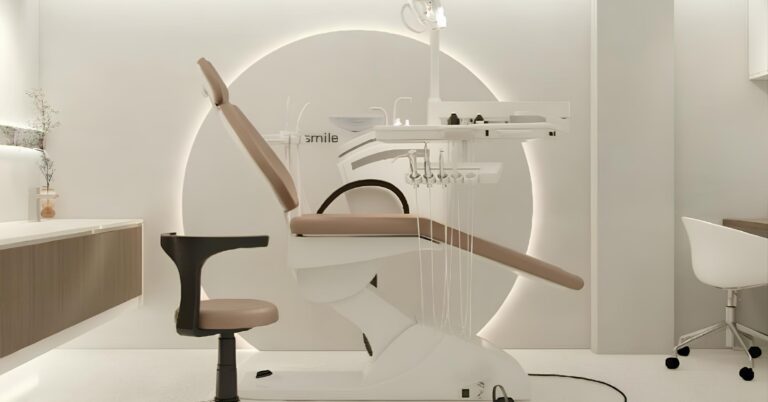Why Medical Terminology Translation Must Be Precise
When it comes to healthcare, even a single word can change everything. Medical documents are filled with terms that carry serious weight; mistakes can lead to misdiagnosis, wrong treatments, or worse. That’s why professional medical terminology translation services are not just helpful, they’re necessary.
In this post, we’ll explore why precision in medical terminology translation matters so much, share real-world examples, and help you understand what to look for in a translation agency that specializes in healthcare.
The High Stakes of Medical Translation
Healthcare isn’t like other sectors. In retail or marketing, a mistranslation error may mislead a client—but in healthcare, it may put someone’s life at risk.
Medical records, discharge summaries, prescriptions, clinical trial reports, patient information leaflets, and informed consent documents all need to be clear, accurate, and consistent. One misplaced word or misread phrase can result in severe complications.
Let’s take a real case that hit the headlines:
Case Study: Wrong Kidney Removed (California, 2010)
A Spanish-speaking patient had a kidney operation in California. The wrong kidney was removed due to misread diagnostic notes that were translated inaccurately from Spanish. The translator used a general term rather than the exact medical terminology, which reversed the diagnosis. The error resulted in irreversible harm and a huge lawsuit.
This could have been prevented by professional medical terminology translation services that guarantee linguistic and medical precision.
What Makes Medical Terminology So Complex?
Medical language is technical. Terms can be Latin-based, abbreviated, or used differently depending on the context. Only a qualified medical translator can distinguish the right usage based on context. That’s why working with a specialized translation agency, not just a general service is key.
Real-World Example: Clinical Trials in the U.S.
Many clinical trials in the U.S. involve participants who speak languages other than English. Federal regulations require that participants fully understand the risks before joining a trial. A mistranslation in an informed consent form can mean the participant didn’t actually give informed consent—which invalidates the study and could lead to legal consequences.
A major pharmaceutical company once had to repeat a Phase II trial because of a poor translation in the patient instructions. The error came from hiring a generic language service that didn’t have expertise in medical terms. That trial delay cost the company over $2 million.
Investing in professional medical terminology translation services would have saved both time and money.
The Role of Certified Medical Translators
Hiring a certified medical translator isn’t just about language—it’s about subject matter expertise. These professionals often have backgrounds in healthcare, biology, or pharmaceuticals.
Here’s what they bring to the table:
- Knowledge of medical terms and systems
- Familiarity with FDA and HIPAA regulations
- Consistency across documents
- Use of specialized medical translation glossaries
When you use the services of a translation agency that has an established healthcare portfolio, you are assured of working with a team that knows how to translate highly technical material without compromising meaning.
How Precise Translations Enhance Patient Outcomes
Accuracy not only protects hospitals—it protects people. Take the case of a patient with sub-skilled English receiving postoperative instructions. If they are not conveyed correctly, they might not follow dosage or wound care instructions.
An Agency for Healthcare Research and Quality (AHRQ) study states that patients with limited English proficiency are 9 times more likely to misunderstand medication instructions when they are incorrect or omitted.
Once the patients can read instructions in their native language with proper medical vocabulary, they have a better chance of recovering in full, complying with guidelines, and avoiding readmission to hospital.
What to Look for in a Medical Translation Agency
Not all translation services are equal. If you’re in the healthcare field, here’s what to look for when choosing a translation agency:
- Specialization in Healthcare
General translation companies may not have the in-depth knowledge needed for medical documents. - Certified Medical Translators
Look for certifications like ATA (American Translators Association) or medical translation credentials. - Quality Control Processes
Make sure the agency uses multi-step reviews, proofreading, and has a QA (Quality Assurance) process in place. - Compliance with U.S. Regulations
Ensure they are HIPAA-compliant and familiar with FDA requirements for medical content. - Client Case Studies or Testimonials
Look for real success stories from healthcare organizations, pharma companies, or hospitals.
Example: U.S. Hospital System Reduces Errors by 63%
One hospital network in Texas partnered with a professional translation agency to rework its Spanish-language discharge forms. Previously, they had used in-house bilingual staff to do the job. But the translations lacked accuracy, and patients often called back confused.
After switching to professional medical terminology translation services, patient calls for clarification dropped significantly. The readmission rate due to misunderstood instructions fell by 63% within six months.
Avoiding the Pitfalls of DIY or Machine Translation
Some clinics try to save money by using machine translation or bilingual staff. But tools like Google Translate aren’t trained for medical accuracy. And bilingual nurses or receptionists, while well-meaning, aren’t trained medical translators.
This shortcut can turn into a liability fast.
A 2021 Harvard Medical School study found that machine translations for emergency room discharge instructions were wrong in 15% of cases. In life-or-death situations, that’s a risk no hospital can afford.
Final Thoughts
Medical terminology is precise for a very good reason. There’s no time for guessing when lives depend on it. If you’re a clinic, hospital, medical device firm, or pharma, you require translations you can rely on.
That’s why investing in professional medical terminology translation services through a trusted translation agency is one of the best bets you can place. It protects your patients, enhances care, and lowers the risk of litigation.







